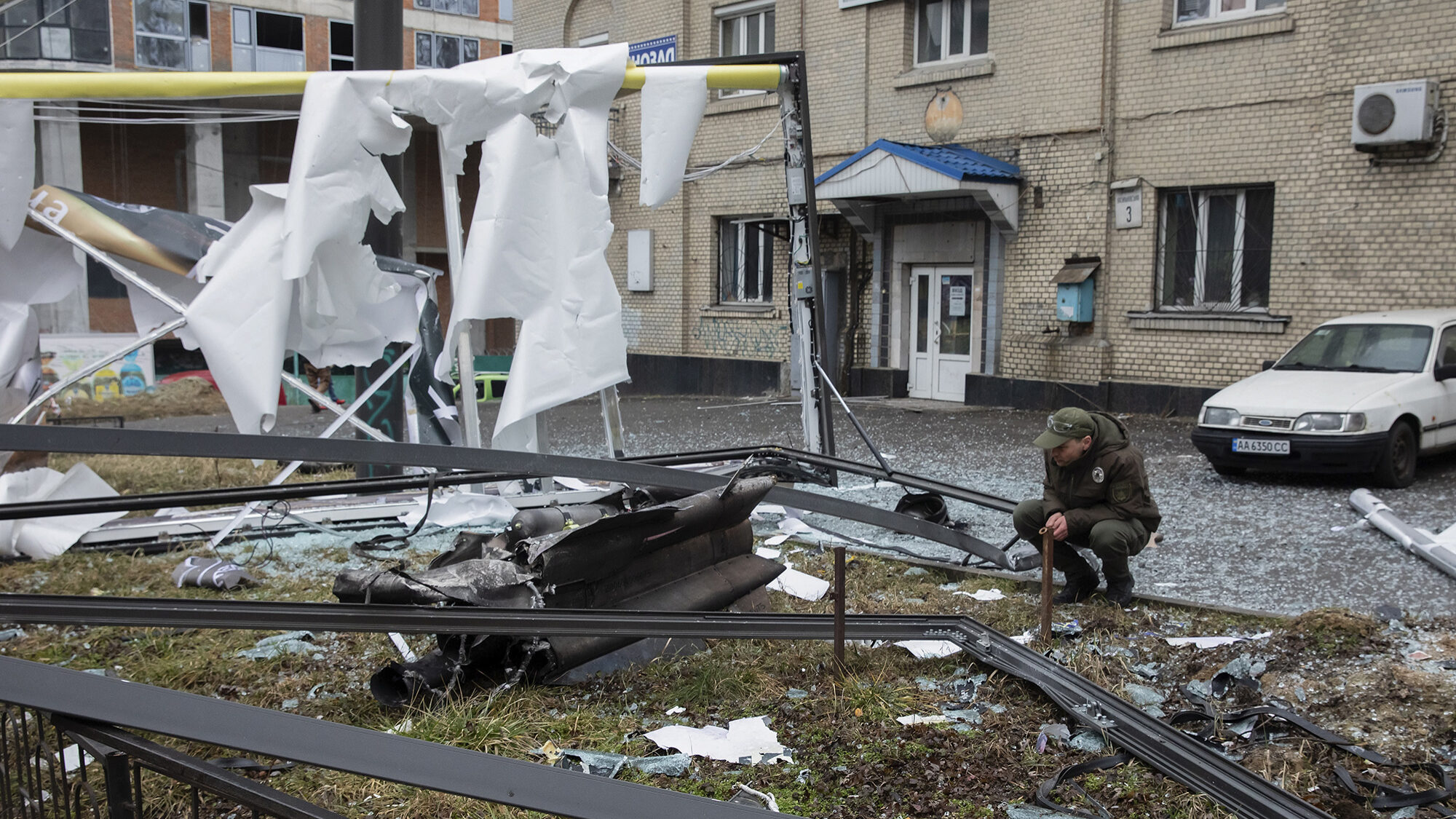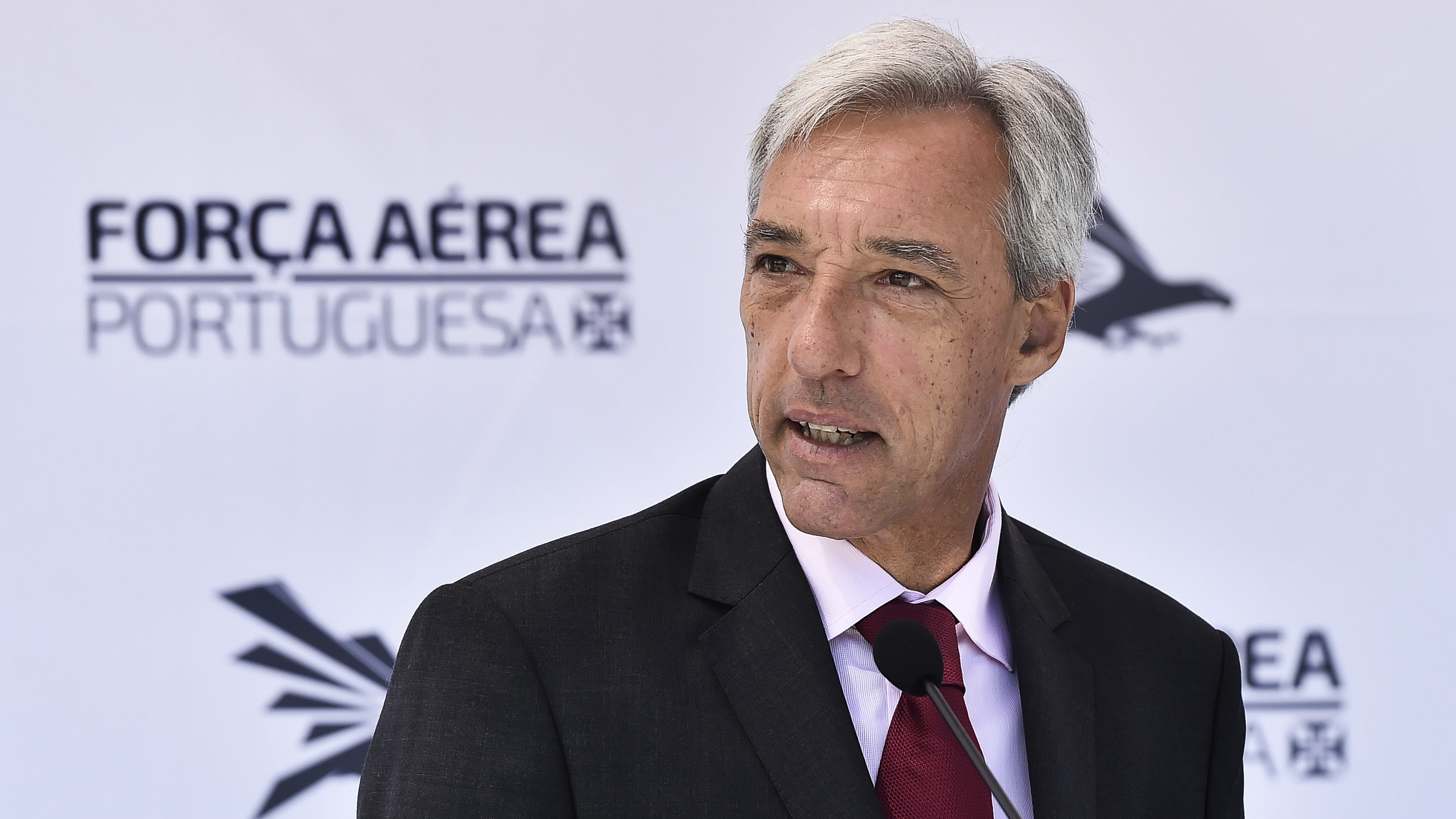Ukrainian refugees can be integrated easily in Portugal
The European Commissioner for Cohesion, Elisa Ferreira, believes Portugal has "preferential conditions" for integrating refugees fleeing the war in Ukraine.
The European Commissioner for Cohesion, Portugal’s Elisa Ferreira, said on Wednesday that Portugal has “preferential conditions” for integrating refugees fleeing the war in Ukraine and the possibility of redirecting structural funds available to support this effort.
“The geographical component does not matter much because, after this emergency, these people must be distributed to countries and especially to places where they can be integrated. When there is a Ukrainian community as dear as there is in Portugal, I think that there are preferential conditions for these people to integrate,” the Portuguese Commissioner said on Wednesday.
Elisa Ferreira was speaking to the press in Brussels one day after the European Commission adopted, in Strasbourg, France, a proposal to allow member states and regions to redirect structural funds and cohesion policy for emergency support to refugees fleeing the Russian military offensive against Ukraine.
“What we are allowing is that the support to refugees in all European countries can be 100% financed by the structural funds”, she explained, pointing out that the main objective is that these funds cover “schooling expenses for children, accommodation expenses, food, immediate cash”, to “reduce the burden on municipalities or entities that have this kind of generosity and solidarity”.
Ferreira said that “the objective of the structural funds is to make a long-term recovery and promote the convergence of the most fragile regions”, but stressed that one must “be aware that in certain situations of a huge crisis, these funds must generate a margin of manoeuvre to be able to respond”, as happened to cope with the enormous impacts of Covid-19.
“There is the possibility of reprogramming the 2014-2020 framework to create a line to support refugees in those operational programmes that still have margins, that are not sufficiently exhausted. This is exceptional, it is once again a response to the emergency, but we consider it fundamental because some countries are completely flooded with the arrival of refugees, with enormous impacts on their economy and society,” she pointed out.
In addition to the preferential conditions for the integration of Ukrainian refugees, Portugal has available funds, she added, referring specifically to the 2022 envelope of the programme of Recovery Assistance for Cohesion and Territories in Europe (REACT-EU), to “leftovers from the REACT-EU of 2021” and also to funds still available in the operational programmes.
Returning from France, where she had attended the previous day’s meeting of the Commission’s College on the sidelines of the European Parliament’s plenary session, she revealed an episode which she admitted was “somewhat moving” and which illustrates the solidarity which we are seeing in Europe and which needs to be supported financially.
Ferreira said she had witnessed how “society in Strasbourg and Alsace were intensely involved in welcoming two busloads of women and children” fleeing the war in Ukraine, who were expected this Wednesday in the French city, “on their way exactly to Portugal”, in an initiative of the Idanha town hall, which sent two buses to the Polish-Ukrainian border to collect refugees.
The proposal presented on Tuesday by the Commission, called CARE (Cohesion Action for Refugees in Europe), is part of a series of initiatives presented by the college of the Community executive on assistance to all those fleeing the Russian war against Ukraine, covering humanitarian aid, support for border management and protection of refugees.
CARE is an instrument that introduces the necessary flexibility in the cohesion policy rules for 2014-2020 to allow for rapid reallocation of available funding to emergency support. Funds can be used for investments in education, employment, housing, health and childcare services, and in the case of the European Fund for Aid to the Most Deprived, for essential material assistance such as food and clothing.
Russia launched a military offensive in Ukraine in the early hours of February 24, which has caused at least 406 deaths and more than 800 injured among the civilian population and caused more than two million people to flee to neighbouring countries, according to the latest UN figures.
The European Union has welcomed in the past 13 days as many refugees fleeing Russia’s military offensive in Ukraine as it did in 2015 and 2016 combined in the previous migration crisis, mainly resulting from the conflict in Syria.


